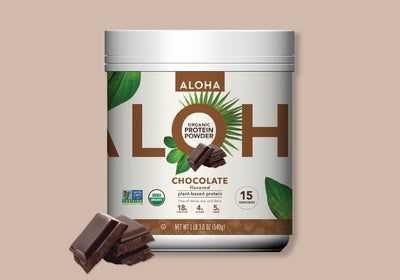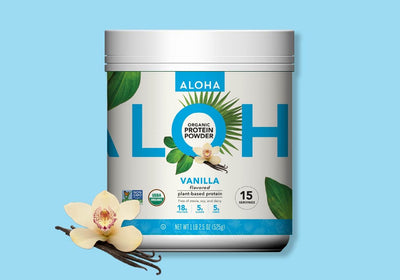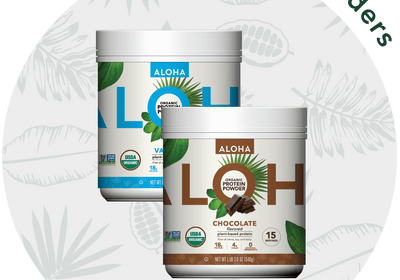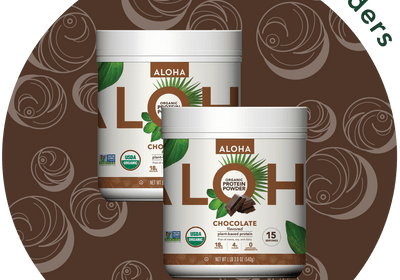Sources:
1. Hertzler, S. R., Lieblein-Boff, J. C., Weiler, M., & Allgeier, C. (2020). Plant Proteins: Assessing Their Nutritional Quality and Effects on Health and Physical Function. Nutrients, 12(12), 3704. https://doi.org/10.3390/nu12123704
2. Xiao, X., Zou, P.-R., Hu, F., Zhu, W., & Wei, Z.-J. (2023). Updates on Plant-Based Protein Products as an Alternative to Animal Protein: Technology, Properties, and Their Health Benefits. Molecules, 28(10), 4016. https://doi.org/10.3390/molecules28104016
3. Katherine Elizabeth Black, & Matkin-Hussey, P. (2024). The Impact of Protein in Post-Menopausal Women on Muscle Mass and Strength: A Narrative Review. Physiologia, 4(3), 266–285. https://doi.org/10.3390/physiologia4030016
4. Stoodley, I. L., Williams, L. M., & Wood, L. G. (2023). Effects of Plant-Based Protein Interventions, with and without an Exercise Component, on Body Composition, Strength and Physical Function in Older Adults: A Systematic Review and Meta-Analysis of Randomized Controlled Trials. Nutrients, 15(18), 4060. https://doi.org/10.3390/nu15184060
5. Xue, J., & Yin, Y. (2024). Plant-Based Food: From Nutritional Value to Health Benefits. Foods, 13(22), 3595. https://doi.org/10.3390/foods13223595
6. Sharma, A., Sharma, C., Shah, O. P., Chigurupati, S., Ashokan, B., Meerasa, S. S., Rashid, S., Behl, T., & Bungau, S. G. (2023). Understanding the mechanistic potential of plant based phytochemicals in management of postmenopausal osteoporosis. Biomedicine & Pharmacotherapy, 163, 114850. https://doi.org/10.1016/j.biopha.2023.114850
7. Ko, S.-H., & Jung, Y. (2021). Energy Metabolism Changes and Dysregulated Lipid Metabolism in Postmenopausal Women. Nutrients, 13(12), 4556. https://doi.org/10.3390/nu13124556
8. Erdélyi, A., Pálfi, E., Tűű, L., Nas, K., Szűcs, Z., Török, M., Jakab, A., & Várbíró, S. (2024). The Importance of Nutrition in Menopause and Perimenopause—A Review. Nutrients, 16(1), 27. https://doi.org/10.3390/nu16010027
9. Lizcano, F., & Guzmán, G. (2014). Estrogen Deficiency and the Origin of Obesity during Menopause. BioMed Research International, 2014. https://doi.org/10.1155/2014/757461
ALOHA's products are not intended to treat, diagnose, mitigate, prevent, or cure disease. ALOHA's products should not replace prescribed medications or the variety of foods important to a healthful diet.
Do not self-diagnose any health condition. Work with your healthcare provider to determine how best to achieve optimal health.

 collection header image
collection header image
 collection header image
collection header image










